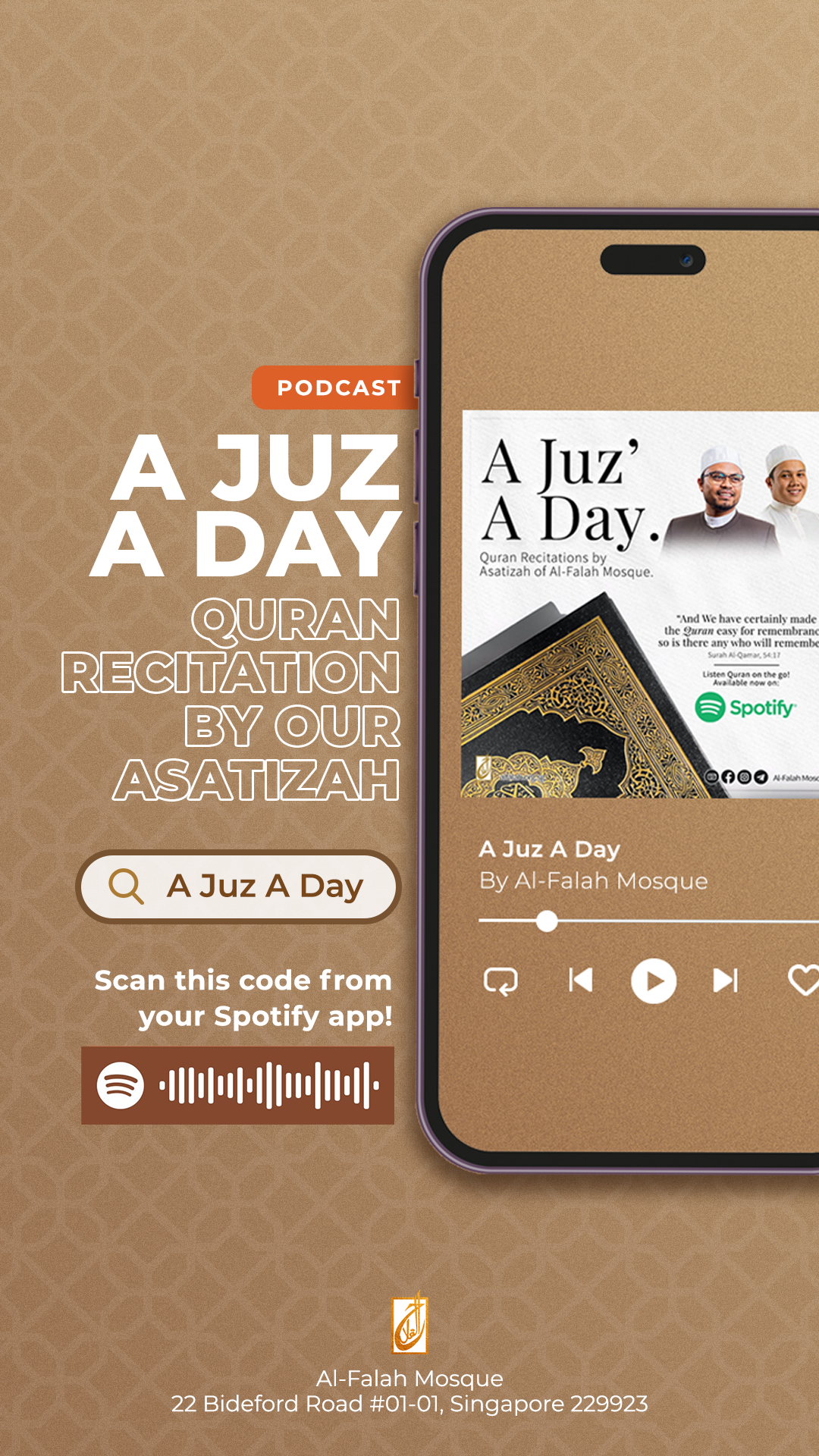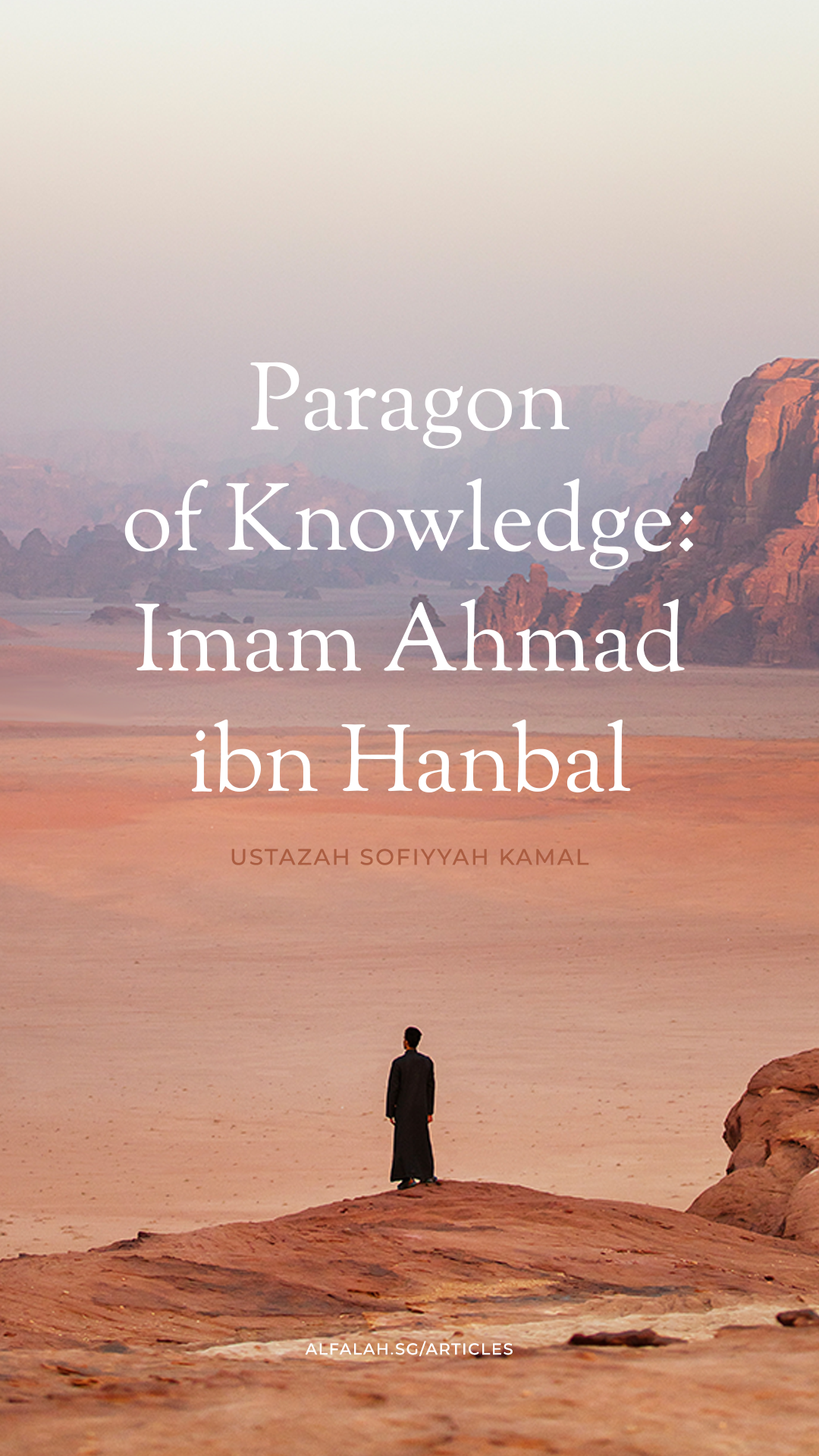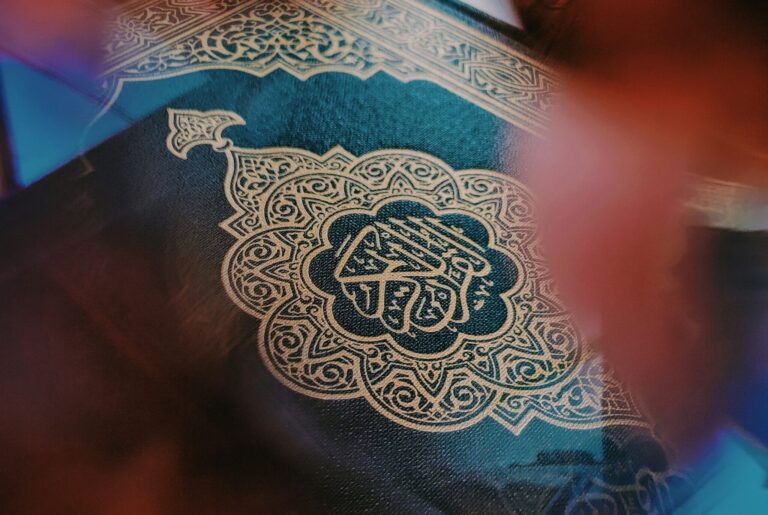Articles
What is Barakah and how to bring it into our lives

What is Barakah and how to bring barakah in our daily lives?
The concept of Barakah is no stranger to every Muslim. Regardless of his language and ethnicity, his tongue can’t escape from uttering the word Barakah and its derivatives daily.
From the Salaam greeting that Muslims convey to one another, to the abundance of supplications that Prophet Muhammad s.a.w. taught us. Not to mention some of the invocations prescribed in the daily prayers. These and many more include asking Allah the Almighty for Barakah.
What is Barakah?
Barakah and words derived from it (eg. Mubaarak, Barakaat) appear thirty-two times in the Quran. In English texts, we usually see the word Barakah as an equivalent of divine blessing. The nature of this blessing is more explicitly described by our scholars in their commentaries and many settled with one of the two definitions for Barakah:
1. It is the presence of goodness and its continuity.
2. It is the abundance of goodness and its growth.
So to put it simply, when we say something has Barakah, it means that Allah has blessed it, by making it contain plentiful goodness which may continue for a long period of time, or even grow with time.
When a single parent with many children managed to get by every month with a modest income while securing a good upbringing for them, it’s a sign of a Barakah. When a scholar wrote a simple treatise and centuries later, the ummah still benefits from it, it is a sign of Barakah.
With Barakah in our time, a lot of tasks can be done in a short period, in contrast to a long yet seemingly unproductive day, which may be a sign that it lacks Allah’s blessings.
Barakah can make something grow beyond measure. It can make one achieve more with less. A servant whom Allah blesses his struggle will find light paving his way even during the darkest days. On the other hand, someone experiencing ease and luxury, but is devoid of Barakah, will find unhappiness or worse, will soon discover that his wealth is just a stepping stone to his downfall.
The presence of Barakah is so important for our general well-being that Prophet Muhammad s.a.w. prohibited the act of not making du’a for Barakah when a person sees someone else possessing something that impresses him.
Knowing how highly regarded Barakah is in a Muslim’s belief system and how coveted it is to those who know its value, it is only logical that we make the search for Barakah an integral part of our life.
A Barakah Mindset.
This is nothing new. Our beloved Prophet Muhammad s.a.w. had it. One does not need to look far to prove this. If all the supplications of the prophet s.a.w. for Barakah are to be compiled, it would be a rather voluminous collection. Even the companions of Rasulullah s.a.w., who are the most pious people of this ummah and students of the prophet himself, had this mindset ingrained. This was reflected in occasions recorded in numerous hadiths.
For example, when it’s time for harvest, they would usually bring the first batch of the crop to Rasulullah s.a.w. so he could make du’a upon it for Barakah. As a matter of fact, this notion should not be something that we Muslims need to convince ourselves with. Rather, it is something that we should make ourselves mindful of, since we are already manifesting it, to some degree, with or without our realization.
As mentioned above, we are already asking Allah for Barakah in our daily supplications. From the “Wabarakaatuh” in our Salaam, to the “Baarakallah” when congratulating a newlywed. Indeed, it is part of our vocabulary. With that said, wouldn’t it be better if we internalize this mindset? Muslims that are Barakah-conscious will have an edge over those who do not.
For starters, Muslims that are Barakah-conscious are usually God-conscious. Barakah comes from Allah and only from Him. That is the undisputed dogmatic stance of us Muslims. With His grace and wisdom, Allah places Barakah in some of His creations. That includes selected places, periods, people, and actions. Once we believe that He is the sole bestower of Barakah, would we dare to displease Him in our pursuit to find blessing in life?
Secondly, a servant that has a Barakah mindset will not be reliant on his own effort. Instead, he will rely on Allah as no true success is possible, no matter how impeccable his planning and execution might be, if Allah chooses to make the whole thing devoid of Barakah. This does not mean that he stops putting in the necessary effort. It’s just that rather than attaching his hopes solely to his own ability as a mere mortal and to the abilities of others like him, he is attaching his hopes to a far greater entity, the Supreme Divine, whose benevolence is limitless and wealth is infinite.
Thirdly, someone who is Barakah-conscious will constantly seek to increase the Barakah in his endeavors. This starts with educating himself about the factors that affect the ups and downs of Allah’s blessing in his actions. He will also be on a constant lookout for avenues of Barakah so he can take advantage of them and not let himself pass by them idly.
Practical ways to increase Barakah.
The most important principle in attaining Allah’s blessing is that obeying Him and His messenger s.a.w. results in Barakah. On the other hand, disobeying Allah and His messenger s.a.w. is a harbinger of the absence of Barakah. Allah says in the Quran:
وَلَوۡ أَنَّ أَهۡلَ ٱلۡقُرَىٰٓ ءَامَنُواْ وَٱتَّقَوۡاْ لَفَتَحۡنَا عَلَيۡهِم بَرَكَٰتٖ مِّنَ ٱلسَّمَآءِ وَٱلۡأَرۡضِ
“And had the people of those societies been faithful (Iman) and had Taqwa of Allah, We would have overwhelmed them with blessings from heaven and earth.” – Surah Al-A’raaf: 96
And the only way to increase our Iman and Taqwa is to obey Allah’s commandments and stay clear of His prohibitions. This is no surprise since the law of Allah is meant to bring goodness (which is the essence of Barakah itself) into our life in this world and the next.
This seems like a ginormous feat. Doesn’t this mean that we have to be good believers to be blessed? Yes, but the good news is, we do not have to wait till we reach a near-prophethood level of piety to attain God’s blessing. Allah, the Most Appreciative, rewards us with His blessing with each step we take towards Him.
The following are some key areas that we can start with to increase the Barakah in our lives:
1. Istighfar, asking Allah for forgiveness.
When a person continually asks forgiveness from Allah, He will appoint for him a way out of every distress, a relief from every anxiety, and will provide for him from where he did not reckon. Allah says in the Quran:
فَقُلۡتُ ٱسۡتَغۡفِرُواْ رَبَّكُمۡ إِنَّهُۥ كَانَ غَفَّارٗا. يُرۡسِلِ ٱلسَّمَآءَ عَلَيۡكُم مِّدۡرَارٗا. وَيُمۡدِدۡكُم بِأَمۡوَٰلٖ وَبَنِينَ وَيَجۡعَل لَّكُمۡ جَنَّٰتٖ وَيَجۡعَل لَّكُمۡ أَنۡهَٰرٗا
“I said (to them): ‘Ask forgiveness from your Lord, verily, He is Most Forgiving. He will send rain to you in abundance. And give you an increase in wealth and children, and bestow on you gardens and bestow on you rivers.” – Surah Nuh: 10-12.
2. Being thankful to Allah.
Being grateful to Allah means praising Him with our tongue, and acknowledging with our heart, with love and humility, that Allah is the source of all these favors, that He is the one that graced us with bounties and provisions, all while utilizing His gifts to obey Him. It is mentioned in the Quran:
لَئِن شَكَرۡتُمۡ لَأَزِيدَنَّكُمۡۖ
“‘If you are grateful, I will certainly give you more.” – Surah Ibrahim: 7.
Scholars even coined gratitude (Shukur) as “the preserver” and “the bringer” since it has the ability to preserve the present favors from Allah that we are enjoying, and it attracts more in the future.
3. Asking Allah for Barakah.
It is incomprehensible for a Muslim to yearn for Barakah but not make the effort to constantly ask its sole bestower for it. Yet, many of us are guilty of this to varying degrees. Let’s make time every day to ask Allah for His blessings. Better still, memorize some of the supplications taught by Prophet Muhammad s.a.w. regarding this matter. And for the prayers asking for Barakah that we have already been practicing, try not to just mindlessly utter them. Feel the weight and the significance of the favor that we are asking for.
4. Being honest in our dealings.
Honesty is the characteristic of Allah’s messengers and their followers. Rasulullah s.a.w., when asked who the best people are, answered, “Everyone who is pure of heart and sincere in speech.” Honesty also brings Barakah in our day-to-day dealings with others.
Prophet Muhammad s.a.w. said in a hadith (which means): “If they (the buyer and seller) spoke the truth and made clear the defects of the goods, they would be blessed in their transaction. And if they told lies and hid some facts, their transaction would be deprived of Allah’s blessings.”
This is not just restricted to our business transactions, but it includes all our interactions. So don’t think that a lie is acceptable when there is no harm done. The harm is done, firstly to us before everything else, as depriving ourselves of Allah’s blessing is one of the worst damage we can do to ourselves.
5. Incorporating Al-Quran into our daily life.
Allah describes the Quran by saying:
وَهَٰذَا كِتَٰبٌ أَنزَلۡنَٰهُ مُبَارَكٞ فَٱتَّبِعُوهُ وَٱتَّقُواْ لَعَلَّكُمۡ تُرۡحَمُونَ
“And this is a blessed Book (the Qur’ân) which We have sent down, so follow it and fear Allâh, so that you may receive mercy.”
This point just had to be said. We can’t ignore the sheer magnitude of Barakah that Al-Quran has. Many scholars, past and contemporary, have written books and treatises explaining the virtues and the Barakah that God’s words offer.
This is not just limited to those who memorize the whole Quran, but encompasses everyone that recites it, teaches it, studies it, practices it, applies its rulings, and so on. If there is one thing that we should ‘befriend’ to change our lives for the better, it has to be the Quran. In fact, the goodness of being a companion of Al-Quran is so great that Prophet Muhammad s.a.w. said that that person is worthy of being envied.
So these are five of the numerous things that we can do to increase the Barakah in our life. Let’s do our best to put them into practice and at the same time, make an effort to learn more ways to gain Barakah from the teachings of Prophet Muhammad s.a.w.
Seeking Barakah in life is part of finding a way to get closer to Allah. Both pursuits are inseparable to those who truly understand; both are quests for true and everlasting happiness. May Allah guide us and bless us in this journey.
Disclaimer
Support Our Dakwah












